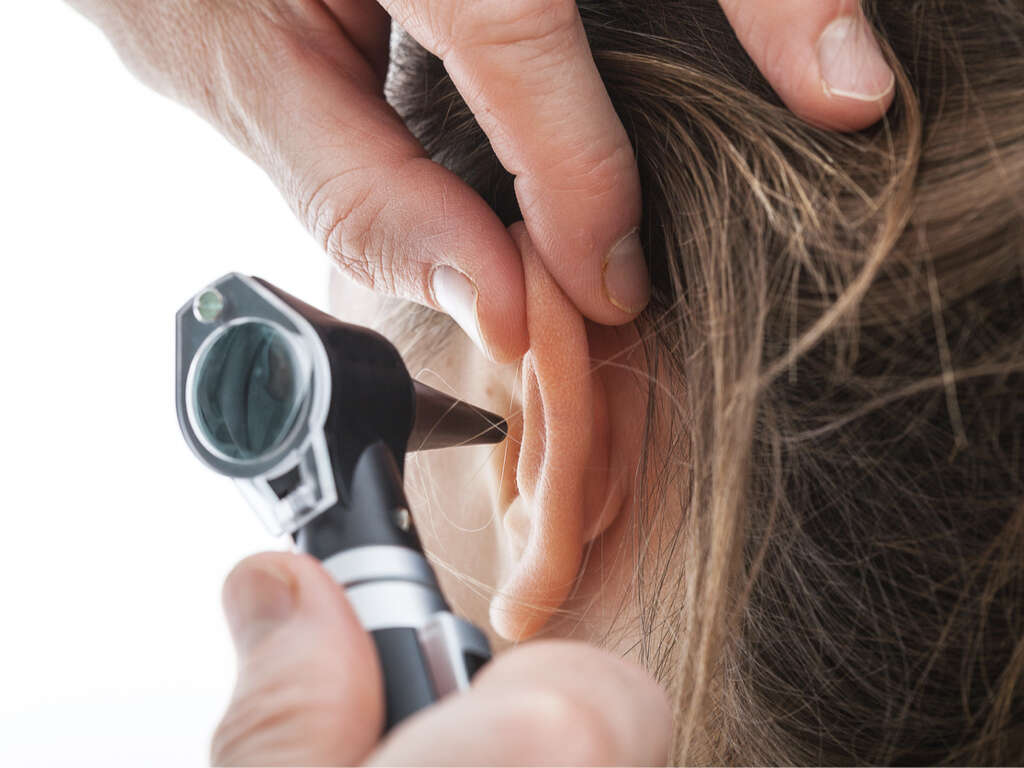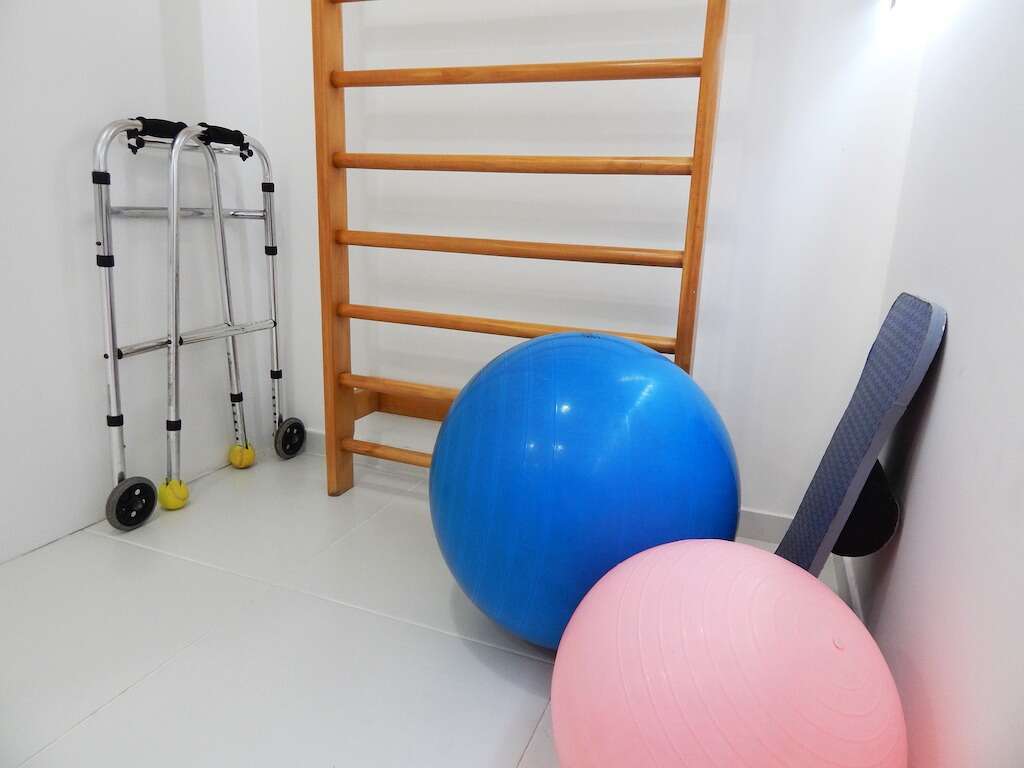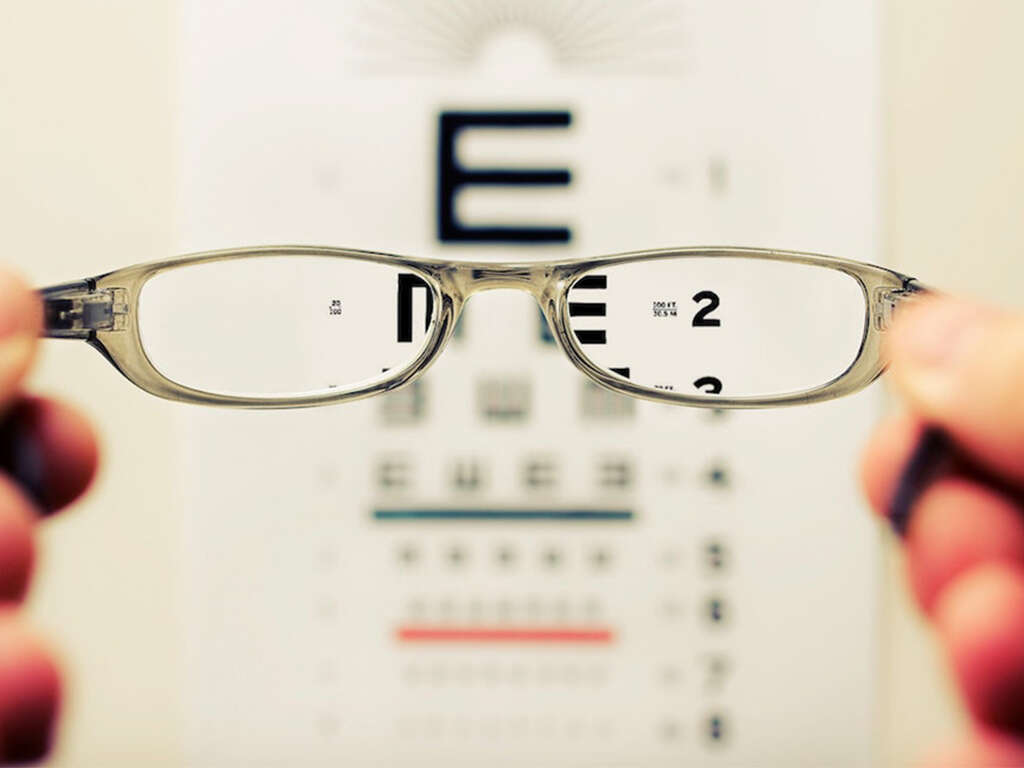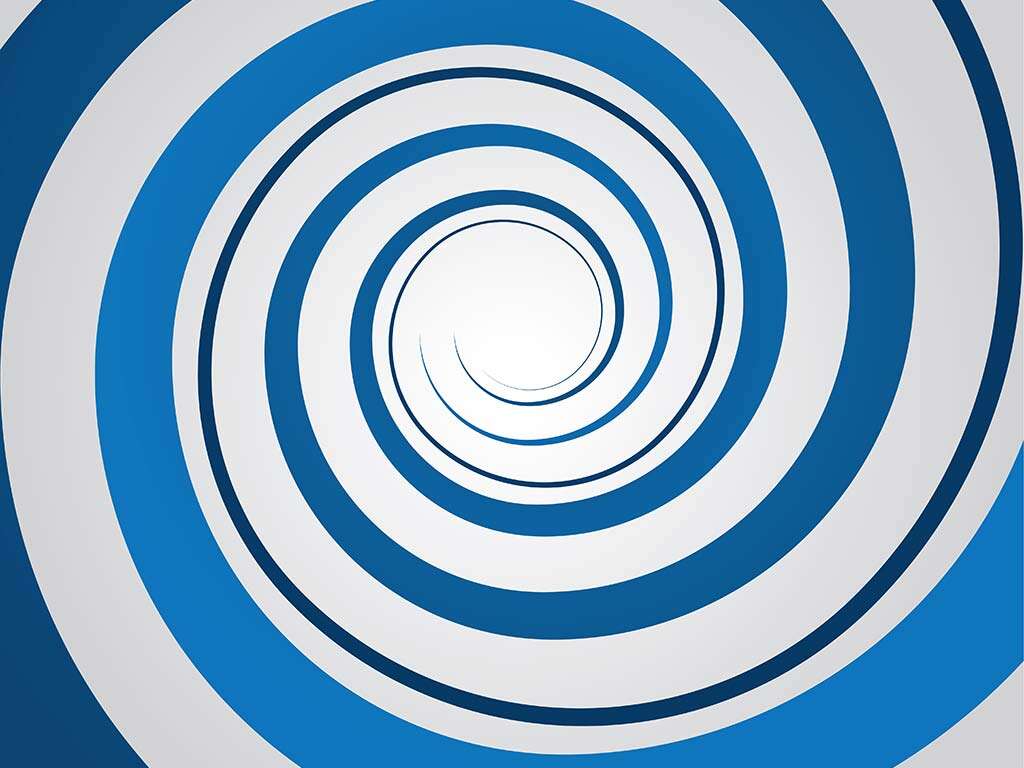Vestibular Neuronitis Symptoms, Causes & More
 Article Sources
Article Sources
- 1. Smith, Travis. 'Vestibular Neuronitis.' StatPearls /[Internet/]., U.S. National Library of Medicine, 10 July 2020, www.ncbi.nlm.nih.gov/books/NBK549866.
- 2. Strupp, Michael, and Thomas Brandt. 'Vestibular Neuritis.' Oxford Medicine Online, Oxford University Press, oxfordmedicine.com/view/10.1093/med/9780199608997.001.0001/med-9780199608997-chapter-19.
- 3. 'Inner Ear.' Encyclopædia Britannica, Encyclopædia Britannica, Inc., www.britannica.com/science/inner-ear.
- 4. Lawrence R. Lustig, et al. 'Vestibular Neuronitis - Ear, Nose, and Throat Disorders.' Merck Manuals Professional Edition, Merck Manuals, www.merckmanuals.com/professional/ear,-nose,-and-throat-disorders/inner-ear-disorders/vestibular-neuronitis.
- 5. 'Nystagmus.' AOA.org, www.aoa.org/healthy-eyes/eye-and-vision-conditions/nystagmus.
- 6. 'Vestibular Neuritis: Symptoms, Causes, Diagnosis & Treatment.' Cleveland Clinic, my.clevelandclinic.org/health/diseases/15227-vestibular-neuritis.
- 7. Smith, Travis. 'Vestibular Neuronitis.' StatPearls /[Internet/]., U.S. National Library of Medicine, 10 July 2020, www.ncbi.nlm.nih.gov/books/NBK549866.
Vestibular neuronitis is a mouthful to say. It's also the third-leading cause of peripheral vertigo.1Smith, Travis. ‘Vestibular Neuronitis.’ StatPearls /[Internet/]., U.S. National Library of Medicine, 10 July 2020, www.ncbi.nlm.nih.gov/books/NBK549866. Approximately seven percent of outpatient clinic visits for vertigo are for this particular condition.2Strupp, Michael, and Thomas Brandt. ‘Vestibular Neuritis.’ Oxford Medicine Online, Oxford University Press, oxfordmedicine.com/view/10.1093/med/9780199608997.001.0001/med-9780199608997-chapter-19.
Fortunately, this condition isn't necessarily dangerous. However, it can incapacitate a person and interfere with their daily life. In some cases, physicians tell patients that the condition will improve on its own and no treatment is necessary. Specifically, whether a doctor can provide treatment depends on the underlying cause of the condition, but treatment to manage symptoms is possible.
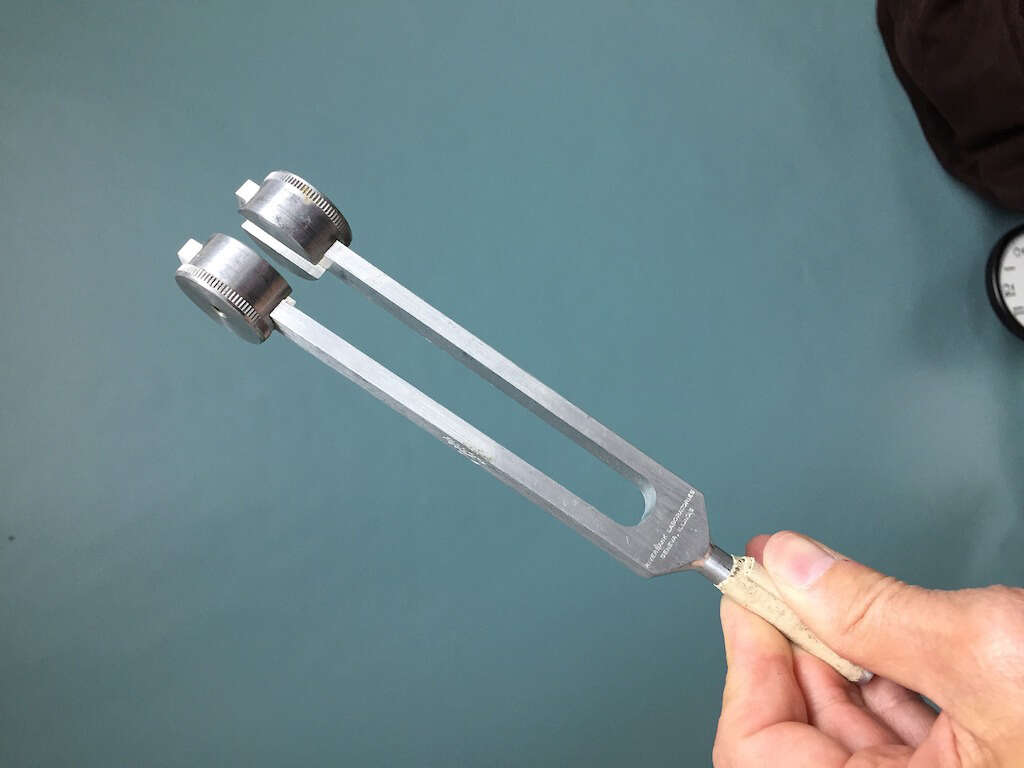
1. Vestibular Neuronitis Definition
Vestibular neuronitis affects the inner ear. This part of the ear contains components that deal with hearing, as well as balance. Specifically, the middle ear has the vestibule that's responsible for an individual's equilibrium. The vestibular nerve in this portion of the ear plays a major role in a person's balance.
When a person has vestibular neuronitis, this particular nerve swells. This leads to issues specifically related to balance because the swelling interferes with the nerve transmitting signals to the brain. The vestibular nerve communicates with the brain about balance.1Smith, Travis. ‘Vestibular Neuronitis.’ StatPearls /[Internet/]., U.S. National Library of Medicine, 10 July 2020, www.ncbi.nlm.nih.gov/books/NBK549866.

2. Vestibular Neuronitis Symptoms
People who have vestibular neuronitis may experience vertigo. Vertigo occurs when a person feels like the world is moving or spinning. For some, these symptoms are barely noticeable, but for others, the vertigo is disruptive. Nausea and vomiting are also possible.3‘Inner Ear.’ Encyclopædia Britannica, Encyclopædia Britannica, Inc., www.britannica.com/science/inner-ear.
Another symptom is nystagmus. This is when a person's eyes move spontaneously or rapidly toward the ear with neuronitis.These symptoms may last for seven to 10 days, and sometimes weeks or months.4Lawrence R. Lustig, et al. ‘Vestibular Neuronitis - Ear, Nose, and Throat Disorders.’ Merck Manuals Professional Edition, Merck Manuals, www.merckmanuals.com/professional/ear,-nose,-and-throat-disorders/inner-ear-disorders/vestibular-neuronitis.,5‘Nystagmus.’ AOA.org, www.aoa.org/healthy-eyes/eye-and-vision-conditions/nystagmus.

3. Frequently Affected Individuals
Individuals of any age may experience vestibular neuronitis. However, this issue is rare in children.6‘Vestibular Neuritis: Symptoms, Causes, Diagnosis & Treatment.’ Cleveland Clinic, my.clevelandclinic.org/health/diseases/15227-vestibular-neuritis. Viral infections such as flu, shingles and hepatitis seem to increase the risk of developing this condition. In many cases, vestibular neuritis stems from a viral infection of the ear.
Fortunately, having this condition in the past doesn't put an individual at a greater risk for this condition. In fact, it's rare for it to recur.7Smith, Travis. ‘Vestibular Neuronitis.’ StatPearls /[Internet/]., U.S. National Library of Medicine, 10 July 2020, www.ncbi.nlm.nih.gov/books/NBK549866.

4. Frequency of Attacks
For some individuals, vestibular neuronitis occurs once in their lifetime, lasts a week or up to 10 days and then is never seen again. Others may experience repeated episodes following the initial attack. In most cases the very first attack is the worse, with each successive bout a little less symptomatic.4Lawrence R. Lustig, et al. ‘Vestibular Neuronitis - Ear, Nose, and Throat Disorders.’ Merck Manuals Professional Edition, Merck Manuals, www.merckmanuals.com/professional/ear,-nose,-and-throat-disorders/inner-ear-disorders/vestibular-neuronitis.
There may be slight remnants of dizziness that occur over the course of the next weeks and months following vestibular neuronitis.

4. Diagnosing Vestibular Neuronitis
The diagnostic process for this condition is more than just determining if a person has vestibular neuronitis. Testing also confirms the underlying cause, which the doctor uses to determine treatment.
Testing consists of an audiological assessment, which is a hearing test. The doctor may also perform electronystagmography and a magnetic resonance imaging, or MRI, test to look for other possible causes of vertigo. An MRI can help a doctor see swelling in the vestibular nerve.4Lawrence R. Lustig, et al. ‘Vestibular Neuronitis - Ear, Nose, and Throat Disorders.’ Merck Manuals Professional Edition, Merck Manuals, www.merckmanuals.com/professional/ear,-nose,-and-throat-disorders/inner-ear-disorders/vestibular-neuronitis.

6. HINTs Examination
Doctors usually perform the HINTs exam to rule out other causes of the vertigo associated with vestibular neuronitis. HINTS stands for Head Impulse-Nystagmus-Test of Skew. This exam consists of three segments all of which evaluate eye movement or fixation. During the head impulse, the patient's head is quickly turned while the examiner studies eye fixation. The patient should continue to look at the examiner's nose.
Next, nystagmus is evaluated by the doctor. Finally, the doctor covers one of the patient's eyes at a time and studies eye alignment.1Smith, Travis. ‘Vestibular Neuronitis.’ StatPearls /[Internet/]., U.S. National Library of Medicine, 10 July 2020, www.ncbi.nlm.nih.gov/books/NBK549866.
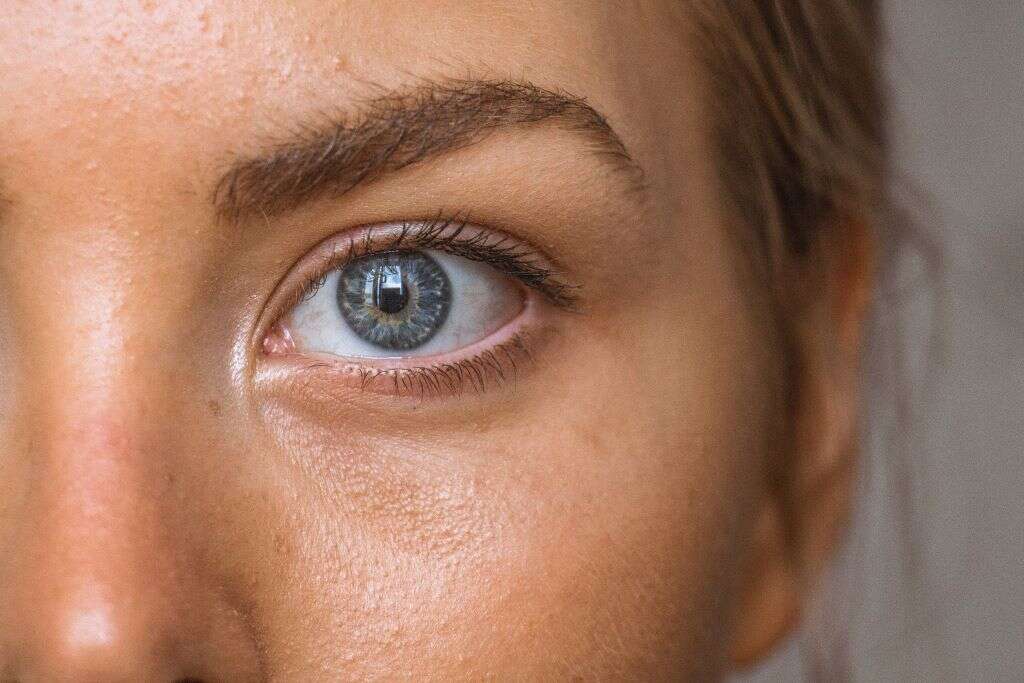
7. Treating a Viral Infection
A physician strives to find the cause of vestibular neuronitis, although that's not always possible. A doctor may find that an infection is the culprit. If this is the case, the infection is viral, and antibacterial drugs won't treat the source of the problem.
If a doctor suspects the vertigo is from the herpes virus, the physician will prescribe an antiviral, such as acyclovir, to combat the source of the problem.6‘Vestibular Neuritis: Symptoms, Causes, Diagnosis & Treatment.’ Cleveland Clinic, my.clevelandclinic.org/health/diseases/15227-vestibular-neuritis.

8. Treating Symptoms
Treatment for vestibular neuronitis focuses on minimizing uncomfortable symptoms. Prescription medications frequently used to help relieve vertigo are meclizine and lorazepam. If vomiting is problematic, prochlorperazine may be prescribed, in pill or suppository form. Corticosteroids may be used briefly, as well.4Lawrence R. Lustig, et al. ‘Vestibular Neuronitis - Ear, Nose, and Throat Disorders.’ Merck Manuals Professional Edition, Merck Manuals, www.merckmanuals.com/professional/ear,-nose,-and-throat-disorders/inner-ear-disorders/vestibular-neuronitis.
However, these drugs should only be used for a short amount of time, because prolonged use may actually lengthen the duration of symptoms, particularly in older people. If vomiting continues for a long time, a person may need to be given fluids and electrolytes intravenously.

9. Rehabilitation - Treatment
A doctor may not be able to correct the root cause of vestibular neuronitis. While medications are useful at controlling symptoms, a physician may recommend a patient undergo a rehabilitation program, in addition to, or instead of, taking medication.
During rehab, patients undergo a thorough evaluation of their legs, eyes, ears and entire body. The therapist may have the individual perform exercises that help with balance. For instance, the individual may need to stand on one leg and try to balance.
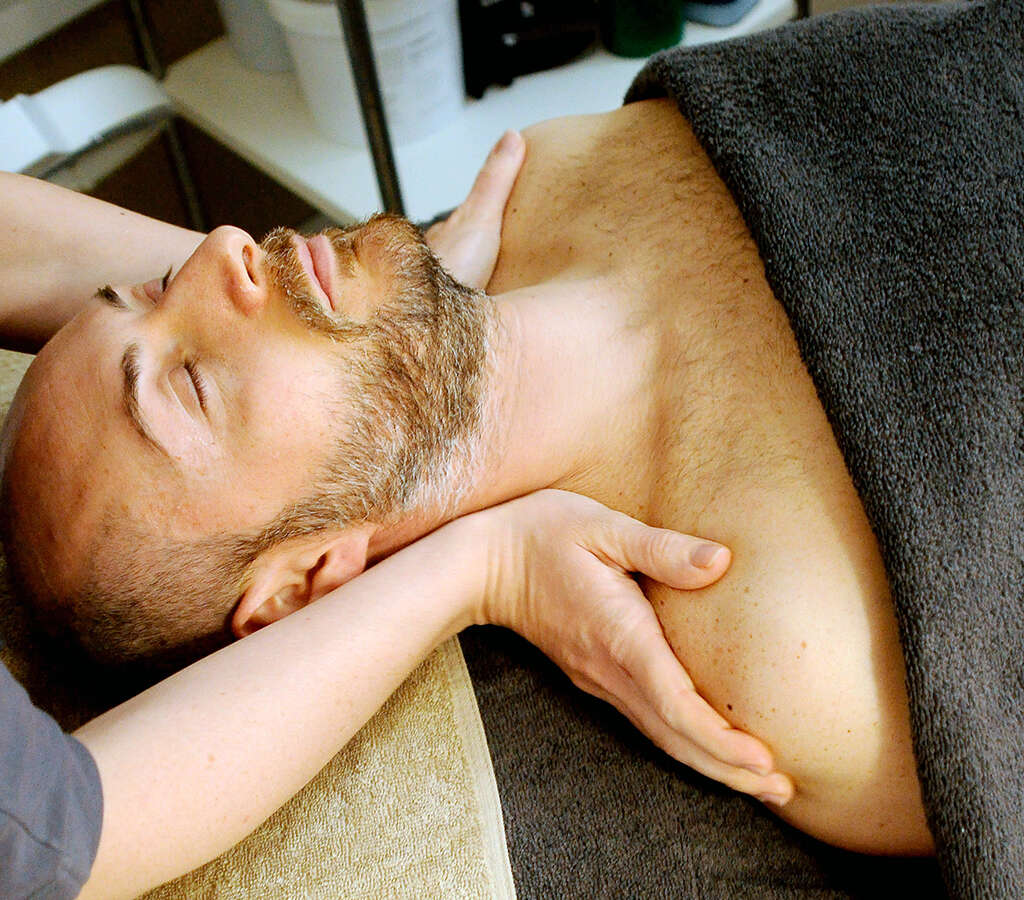
10. Complications
Possible complications of vestibular neuronitis include benign paroxysmal positional vertigo, BPPV and persistent postural-perceptual dizziness, PPPD. Although bothersome, both disorders are rarely serious and typically self-limiting.1Smith, Travis. ‘Vestibular Neuronitis.’ StatPearls /[Internet/]., U.S. National Library of Medicine, 10 July 2020, www.ncbi.nlm.nih.gov/books/NBK549866.
It's essential you see a doctor if you experience symptoms of unexplained dizziness and disorientation to rule out any serious issues. Neurological and circulation problems, medication side effects, low blood sugar, anemia, and Meniere's Disease are just a few of the many other causes of dizziness.



